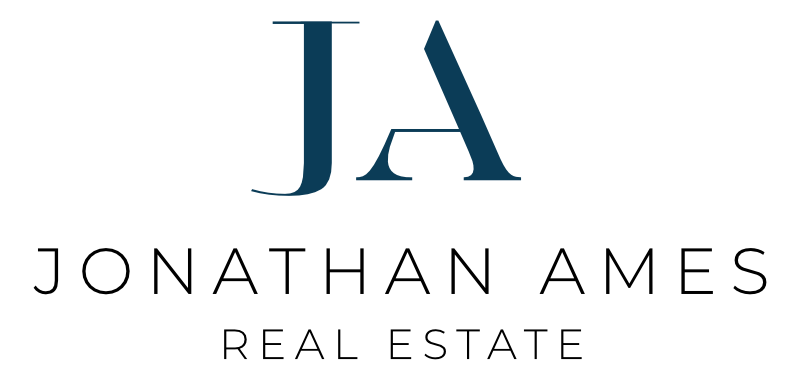Title: Maximizing Land Value in Vancouver, BC: Unveiling Land Residual Valuation
Introduction:
In the competitive real estate market of Vancouver, BC, accurately evaluating land value is paramount for developers looking to optimize their investment decisions. Land residual valuation, a key technique in real estate development, plays a crucial role in determining the profitability of land acquisitions. In this blog post, we explore how developers in Vancouver can leverage land residual valuation to derive maximum value from their investments.
Understanding Land Residual Valuation in the Vancouver Market:
Land residual valuation is a vital concept in real estate development, particularly in a dynamic market like Vancouver, BC. This technique allows developers to determine the residual value of a property after deducting all associated costs, ensuring a satisfactory profit margin.
Factors Influencing Land Residual Valuation in Vancouver:
When evaluating land residual value in Vancouver’s real estate market, developers should consider the following factors:
Local Market Analysis: Thorough analysis of Vancouver’s real estate market dynamics, including demand, pricing trends, and potential profitability, is crucial. Understanding the local market will aid in estimating the future value of the developed property.
Development Costs in Vancouver: Accurate estimation of development costs specific to Vancouver is essential. Consider expenses such as site preparation, construction, permits, utility connections, and landscaping, which may vary based on local regulations and market conditions.
Profit Margin for Vancouver Projects: Developers need to establish a target profit margin that aligns with the Vancouver market. Factors such as project specifics, risk levels, and prevailing market conditions play a vital role in determining the maximum amount allocated to land acquisition while ensuring a desirable return on investment.
Zoning and Regulatory Considerations in Vancouver: Vancouver’s unique zoning restrictions, building codes, and environmental regulations significantly impact land value. Understanding and complying with these factors is essential to accurately assess land residual in the local market.
Land Residual Valuation Process for Vancouver Developers:
Vancouver developers can follow these steps to conduct land residual valuation effectively:
Determine Potential Income in Vancouver: Calculate projected revenue specific to Vancouver, including rental income, sale proceeds, and other revenue streams associated with the development.
Assess Development Costs in Vancouver: Conduct a comprehensive analysis of development costs in Vancouver, considering construction expenses, site improvements, infrastructure, and professional fees. Accurately deduct these costs from potential income to determine the residual value.
Account for Risk and Profit Margin in Vancouver: Evaluate the project’s risk level and establish an appropriate profit margin in line with Vancouver’s market conditions. This assessment will help determine the maximum amount that can be allocated to land acquisition.
Evaluate Alternative Scenarios in the Vancouver Market: Explore various development scenarios relevant to Vancouver and assess their financial viability. This iterative process ensures optimal land residual valuation aligned with investment objectives specific to the Vancouver market.
Conclusion:
If you’re a developer in Vancouver, BC, looking to maximize land value and make informed investment decisions, land residual valuation is a critical technique to master. By accurately assessing the potential profitability of your development projects, you can navigate the competitive Vancouver real estate market more effectively. Understanding the local market dynamics, development costs, profit margins, and regulatory factors will empower you to derive maximum value from your land acquisitions in Vancouver and achieve optimal returns on your investments.

